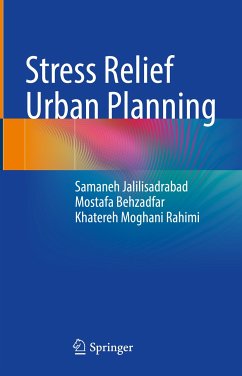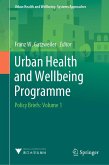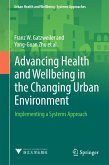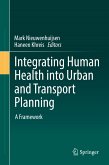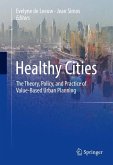Living in urban areas has long been recognized as a risk factor for mental illness despite the advantages of cities over villages. The impact of urbanization on mental health and stress is significant and is likely to increase over the next few years. Thus, considering the stress difference in the world cities and its increase, urban planners, urban managers, and urban designers should urgently consider it an essential principle in their plans and designs to reduce its side effects.
This book is a comprehensive guide for urban planners who seek to reduce urban stress in the urban environment but lack proper training and texts. Urban designers will have a unified vision to reduce urban stress caused by the appearance of the city environment. It will be useful for city managers and policymakers since this book identifies urban policies which reduce urban stress and stressful urban factors. Also, it will help urban psychologists, sociologists, architects, and social science researchers to better understand the relationship between their field and stress relief urban planning.
Dieser Download kann aus rechtlichen Gründen nur mit Rechnungsadresse in A, B, BG, CY, CZ, D, DK, EW, E, FIN, F, GR, HR, H, IRL, I, LT, L, LR, M, NL, PL, P, R, S, SLO, SK ausgeliefert werden.

